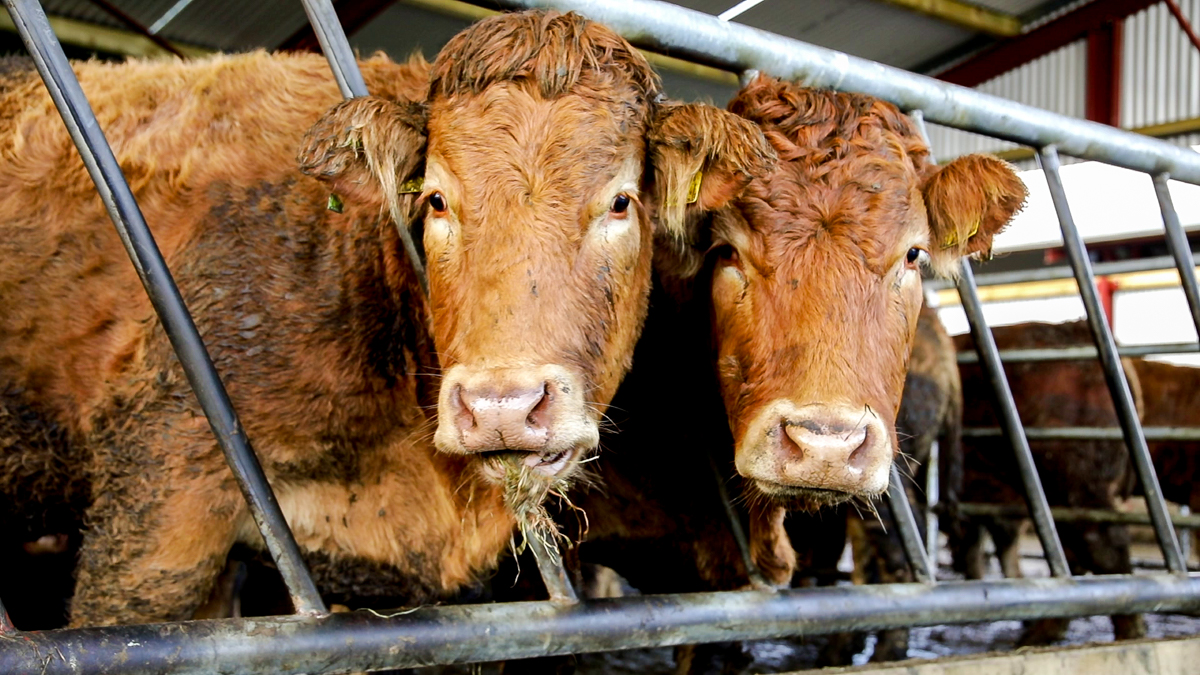Beef prices have risen this week, with “extremely tight” cattle supplies predicted in the coming weeks, according to the Irish Farmers’ Association (IFA).
Brendan Golden, the association’s Livestock Committee chairperson, noted that prices “have risen a further 5c/kg this week”.
“Steers are making €4.15/kg to €4.25/kg; heifers are making €4.20/kg to €4.30/kg; and cows are starting at €3.40/kg for P grades with flat prices for mixes of Os and Ps of €3.60/kg, and top-quality beef cows pushing to €3.85/kg and over in some cases,” Golden highlighted.
Meanwhile, young bulls are ranging from €4.15/kg to €4.30/kg, he said.
“Demand is strong and numbers are extremely tight as demand from the food service sector improves throughout the EU,” the IFA livestock chair outlined.
“Young bull prices have strengthened over the past week, reflecting the stronger EU market for beef,” Golden said.
“Cattle supplies are predicted to be extremely tight over the coming months and as the seasonal summer demand leads to an increase in the volume of sales, factories must maximise returns to farmers in the favourable market conditions,” he urged.
According to Golden, the beef kill last week was 28,804.
He continued: “With the steer and heifer kill back 1,164 and 684 respectively, it highlights the extremely tight supplies of prime cattle available to factories.
“Farmers should sell hard in a positive and strengthening market,” Golden concluded.
However, Golden’s comments come a week after the IFA raised concerns for the affect on the beef market arising from a proposed trade deal between the UK and Australia.
Last Tuesday (June 15), IFA president Tim Cullinan said: “Trade deals between the UK and third countries have the potential to undermine what is a very important market for our beef exports.”
Total beef exports last year were €1.9 billion – with 44% going to the UK market, the IFA president noted.
“It’s our most valuable market, in terms of volume and price. Any loss of shelf space would be very damaging for our livestock farmers, who are in a low-income sector,” Cullinan warned.
